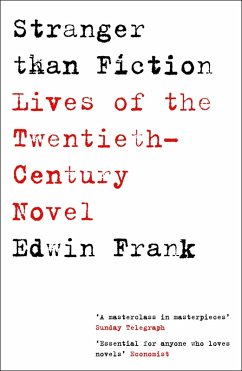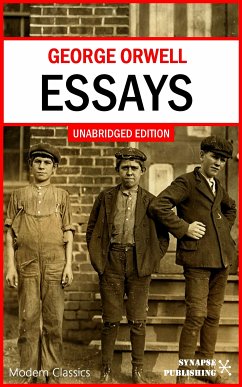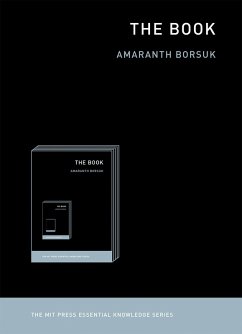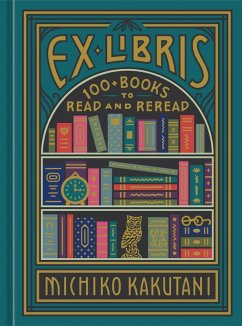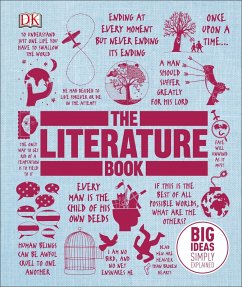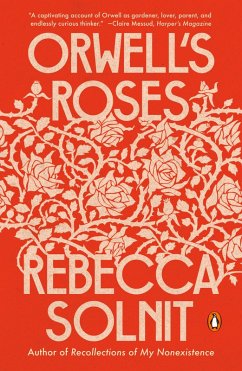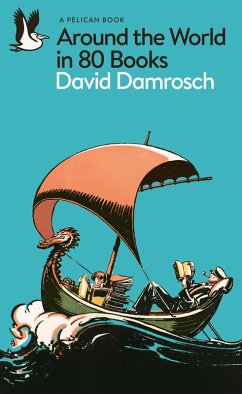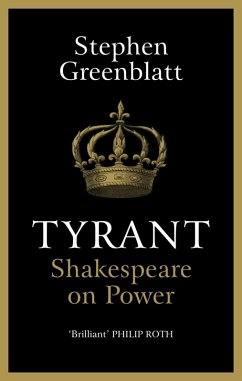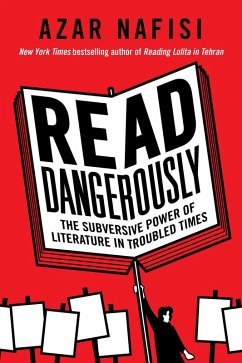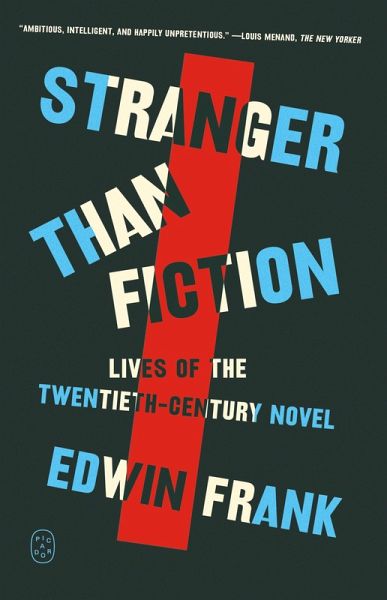
Stranger Than Fiction (eBook, ePUB)
Lives of the Twentieth-Century Novel
Versandkostenfrei!
Sofort per Download lieferbar
8,95 €
inkl. MwSt.
Weitere Ausgaben:

PAYBACK Punkte
4 °P sammeln!
One of the Washington Post's 50 Best Nonfiction Books of 2024 A New York Times Book Review Editors' Choice A Boston Globe Best Book of 2024"Ambitious, intelligent, and happily unpretentious." -Louis Menand, The New Yorker"Convincing, idiosyncratic and often felicitous." -Alexandra Jacobs, The New York Times Book ReviewA legendary editor's reckoning with the twentieth-century novel and the urgent messages it sends."How can we live differently?" a young woman urgently demands in Virginia Woolf's novel The Years. It is the 1930s, war and death are in the air, but her question was asked again ...
One of the Washington Post's 50 Best Nonfiction Books of 2024 A New York Times Book Review Editors' Choice A Boston Globe Best Book of 2024
"Ambitious, intelligent, and happily unpretentious." -Louis Menand, The New Yorker
"Convincing, idiosyncratic and often felicitous." -Alexandra Jacobs, The New York Times Book Review
A legendary editor's reckoning with the twentieth-century novel and the urgent messages it sends.
"How can we live differently?" a young woman urgently demands in Virginia Woolf's novel The Years. It is the 1930s, war and death are in the air, but her question was asked again and again in the course of a century where things changed fast and changed all the time. The century brought world wars, revolutions, automobiles, movies, and the internet, votes for women, death camps. The century brought questions. Novelists in the twentieth century had a question of their own: how can we write a novel as startling and unforeseen as the world we live in? Again and again they did, transforming the novel as the century remade the world.
Imagine the history of the twentieth-century novel recounted with the urgency and intimacy of a novel. That's what Edwin Frank, the legendary editor who has run the New York Review Books publishing imprint since its inception, does in Stranger Than Fiction. With penetrating insight and originality, Frank introduces us to books, some famous, some little-known, from the whole course of the century and from around the world. Starting with Dostoevsky's Notes from Underground of 1864, Frank shows how its twitchy, self-undermining, and never-satisfied narrator established a voice that would echo through the coming century. He illuminates the political vision of H. G. Wells's science fiction, Colette and Andre Gide's subversions of traditional gender roles, and Gertrude Stein's untethering of the American sentence. He describes the monumental ambition of books such as Mrs. Dalloway, The Magic Mountain, and The Man Without Qualities to rebuild a world of human possibility upon the ruins of World War I and explores how Japan's Natsume Soseki and Nigeria's Chinua Achebe broke open European models to reflect their own, distinct histories and experience. Here too are Vasily Grossman, Anna Banti, and Elsa Morante reckoning in specific ways with the traumas of World War II, while later chapters range from Marguerite Yourcenar and V. S. Naipaul to Gabriel García Márquez and W. G. Sebald.
The story as a whole is one of fearless, often reckless exploration, as well as unfathomable desolation. Throughout, we discover the power of the novel to reinvent itself, to find a way for itself, to live differently. Stranger Than Fiction offers a new vision of the history and art of the novel and of a dark and dazzling time in whose light and shadow we still stand.
"Ambitious, intelligent, and happily unpretentious." -Louis Menand, The New Yorker
"Convincing, idiosyncratic and often felicitous." -Alexandra Jacobs, The New York Times Book Review
A legendary editor's reckoning with the twentieth-century novel and the urgent messages it sends.
"How can we live differently?" a young woman urgently demands in Virginia Woolf's novel The Years. It is the 1930s, war and death are in the air, but her question was asked again and again in the course of a century where things changed fast and changed all the time. The century brought world wars, revolutions, automobiles, movies, and the internet, votes for women, death camps. The century brought questions. Novelists in the twentieth century had a question of their own: how can we write a novel as startling and unforeseen as the world we live in? Again and again they did, transforming the novel as the century remade the world.
Imagine the history of the twentieth-century novel recounted with the urgency and intimacy of a novel. That's what Edwin Frank, the legendary editor who has run the New York Review Books publishing imprint since its inception, does in Stranger Than Fiction. With penetrating insight and originality, Frank introduces us to books, some famous, some little-known, from the whole course of the century and from around the world. Starting with Dostoevsky's Notes from Underground of 1864, Frank shows how its twitchy, self-undermining, and never-satisfied narrator established a voice that would echo through the coming century. He illuminates the political vision of H. G. Wells's science fiction, Colette and Andre Gide's subversions of traditional gender roles, and Gertrude Stein's untethering of the American sentence. He describes the monumental ambition of books such as Mrs. Dalloway, The Magic Mountain, and The Man Without Qualities to rebuild a world of human possibility upon the ruins of World War I and explores how Japan's Natsume Soseki and Nigeria's Chinua Achebe broke open European models to reflect their own, distinct histories and experience. Here too are Vasily Grossman, Anna Banti, and Elsa Morante reckoning in specific ways with the traumas of World War II, while later chapters range from Marguerite Yourcenar and V. S. Naipaul to Gabriel García Márquez and W. G. Sebald.
The story as a whole is one of fearless, often reckless exploration, as well as unfathomable desolation. Throughout, we discover the power of the novel to reinvent itself, to find a way for itself, to live differently. Stranger Than Fiction offers a new vision of the history and art of the novel and of a dark and dazzling time in whose light and shadow we still stand.
Dieser Download kann aus rechtlichen Gründen nur mit Rechnungsadresse in D ausgeliefert werden.




